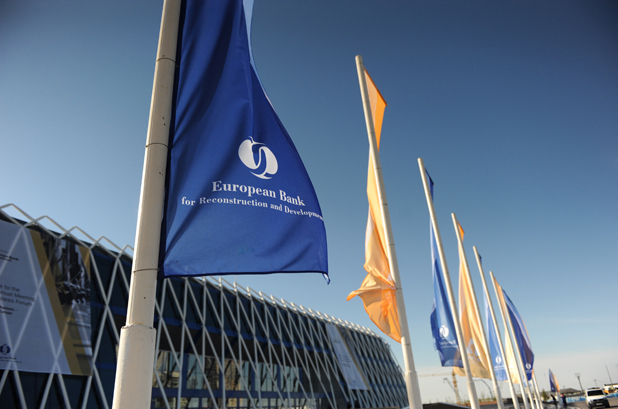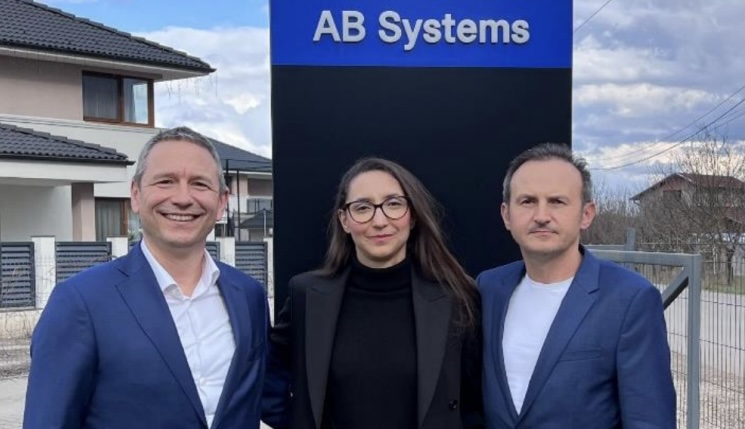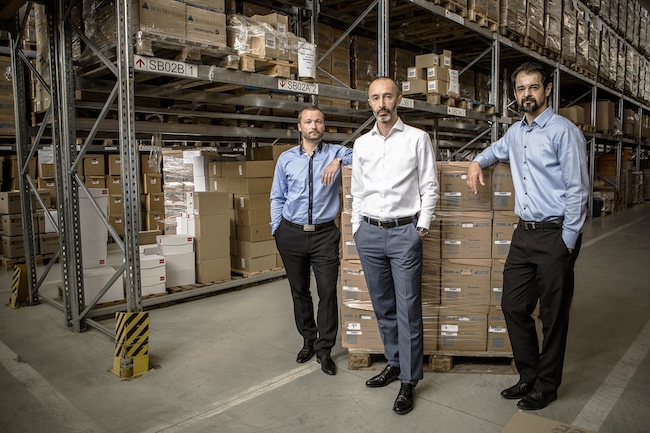EBRD plans investments worth 600 million euro in Romania next year

Romania remains one of the major beneficiaries of the European Bank for Reconstruction and Development (EBRD) investments in 2014, too. The bank plans to invest up to EUR600 million next year possibly reaching this year’s level, to support the energy and banking sectors, Bloomberg informs.
According to James Hyslop, the EBRD’s country manager for Romania, the lender invested EUR612 million in Romania in 2012, part of the EUR6.4 billion spent here over the past 23 years adding that: ‘We had a very strong year in Romania and we still have a few significant projects to close. I would certainly envisage that if we did EUR600 million last year we’re doing about the same amount this year, and we should be doing 400 to 500 to EUR600 million next year.’
Romania is the EBRD’s fourth-largest recipient of funds after Russia, Poland and Ukraine benefitting from loans worth EUR3 billion over the last five years, loans meant to support the transformation from a former-communist state to a market-driven democracy, Hyslop said.
In this respect, the EBRD bought a 1.9% stake in Romgaz through the biggest initial public offering ever, last week and it also may participate in other asset sales planned by the Romanian Government like the ones set for the hydropower generator Hidroelectrica and energy distributor Electrica SA next year.
‘Romgaz was a test case for future listings in 2014. There’s domination by the state in the energy sector, so it’s extremely important to increase private sector participation in these core energy assets.’ Hyslop said.
The EBRD’s plan for supporting the development of local capital markets is designated so as the bank is actively looking to help companies fund themselves through bond sales, he further explained. Raiffeisen Bank Romania and UniCredit Tiriac Bank are conclusive examples in this regard - both banks have already attracted funds worth more than EUR174 million, including from EBRD through two bond sales in 2013.
The London-based lender which is owned by 64 countries and two intergovernmental institutions – the EU and the European Investment Bank, is the largest financial investor in countries from central Europe to central Asia and the southern and eastern Mediterranean aiming to help them to become open, market economies.






